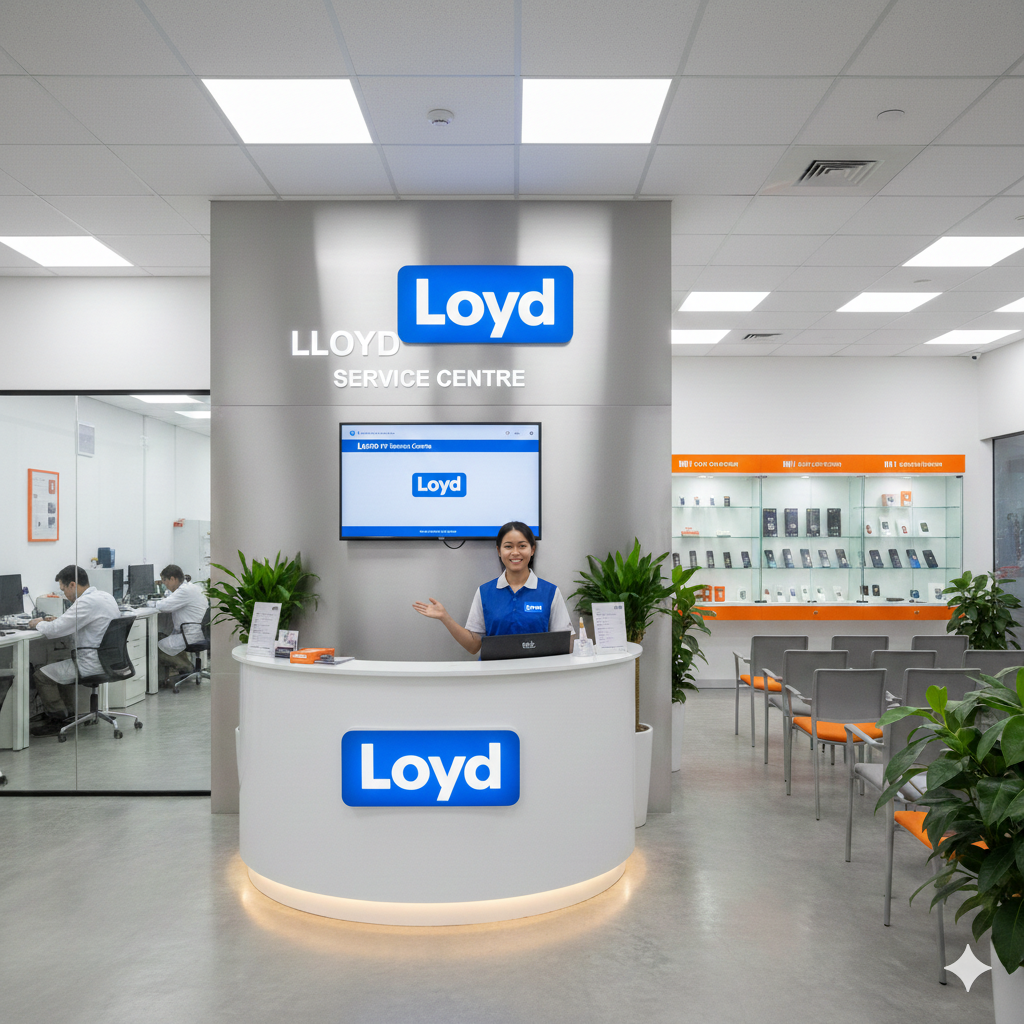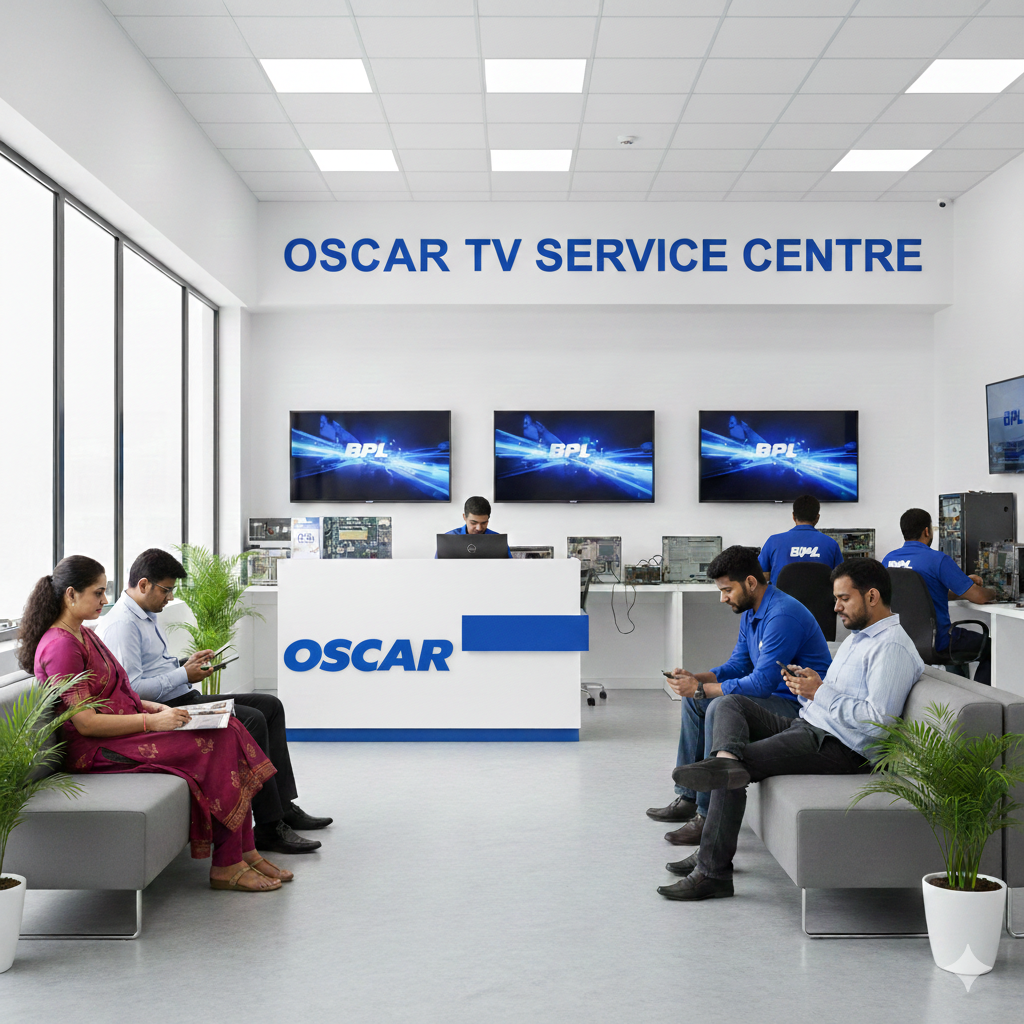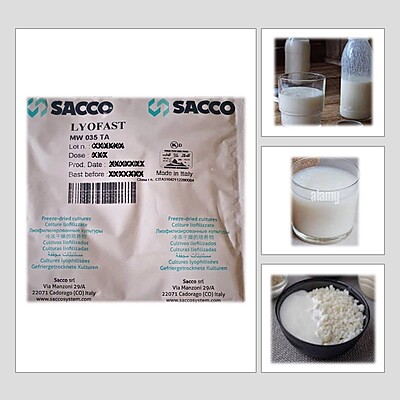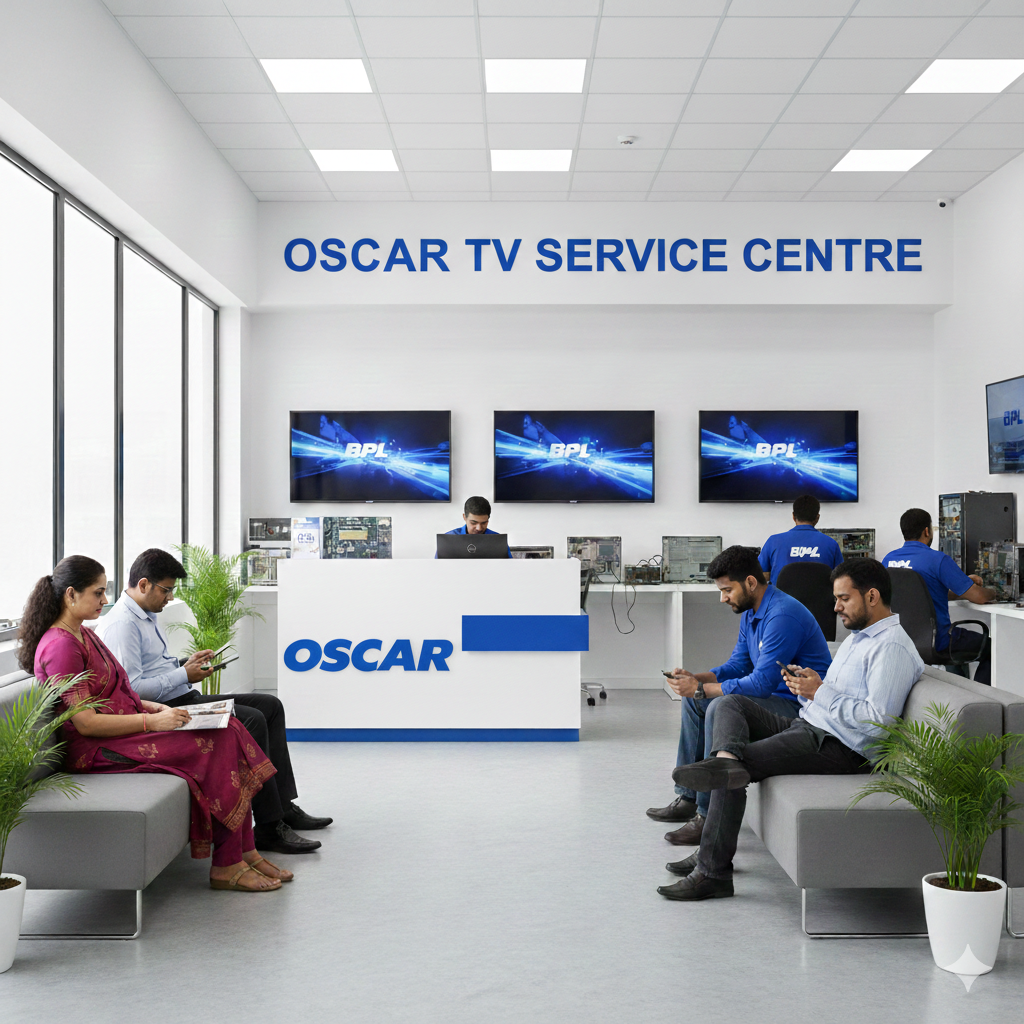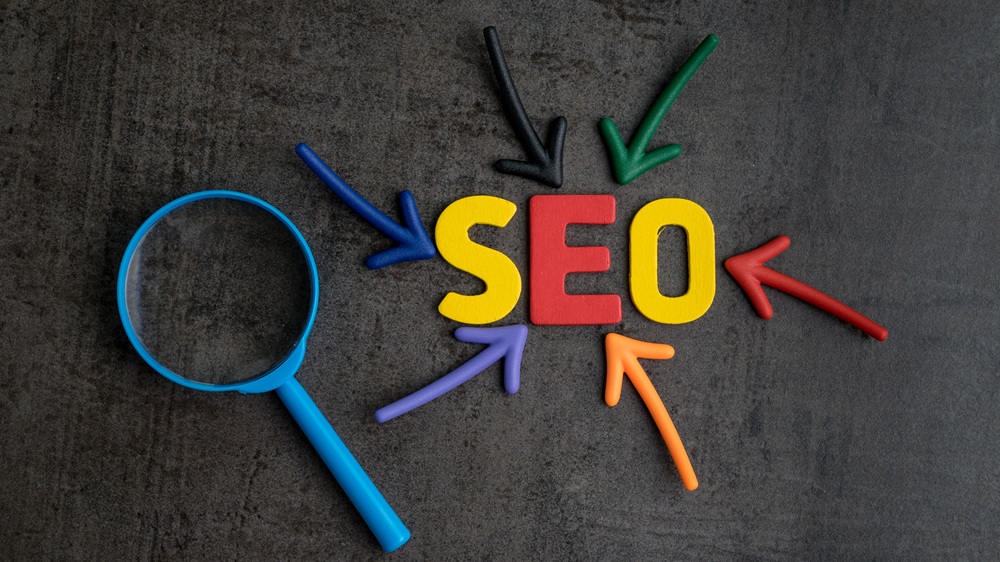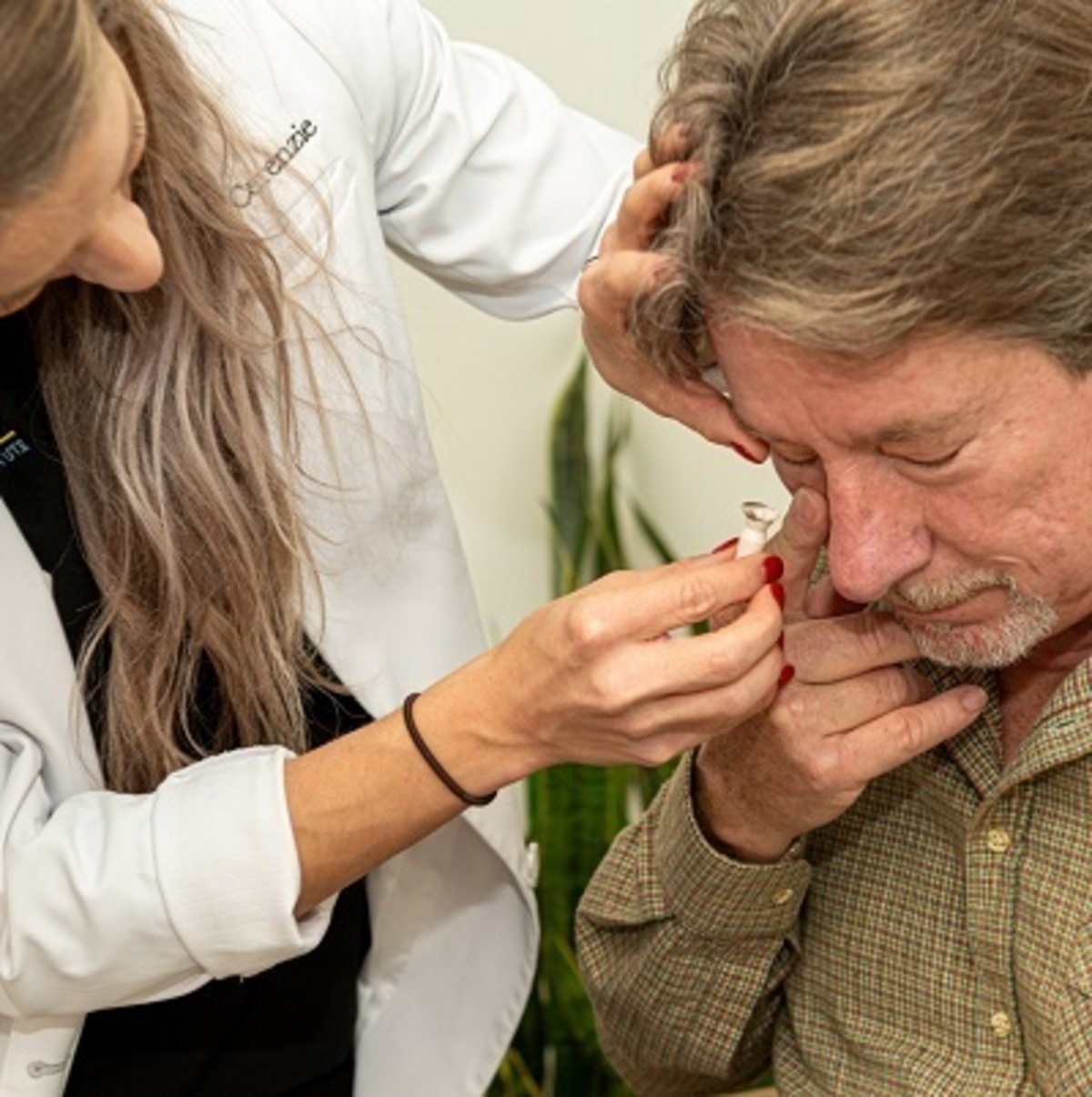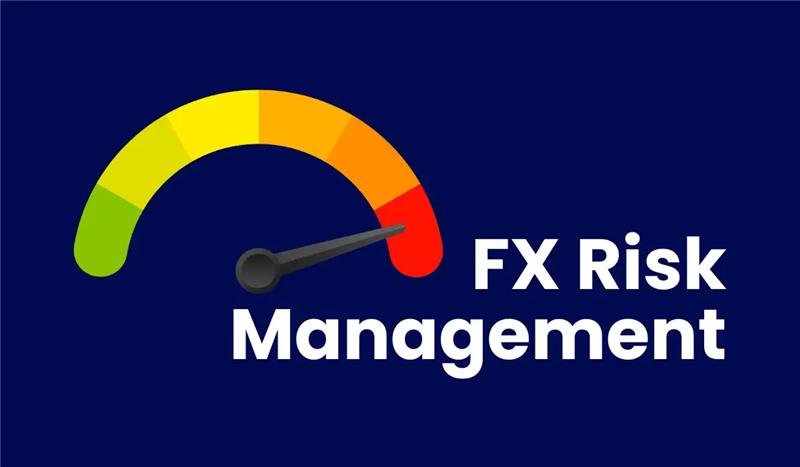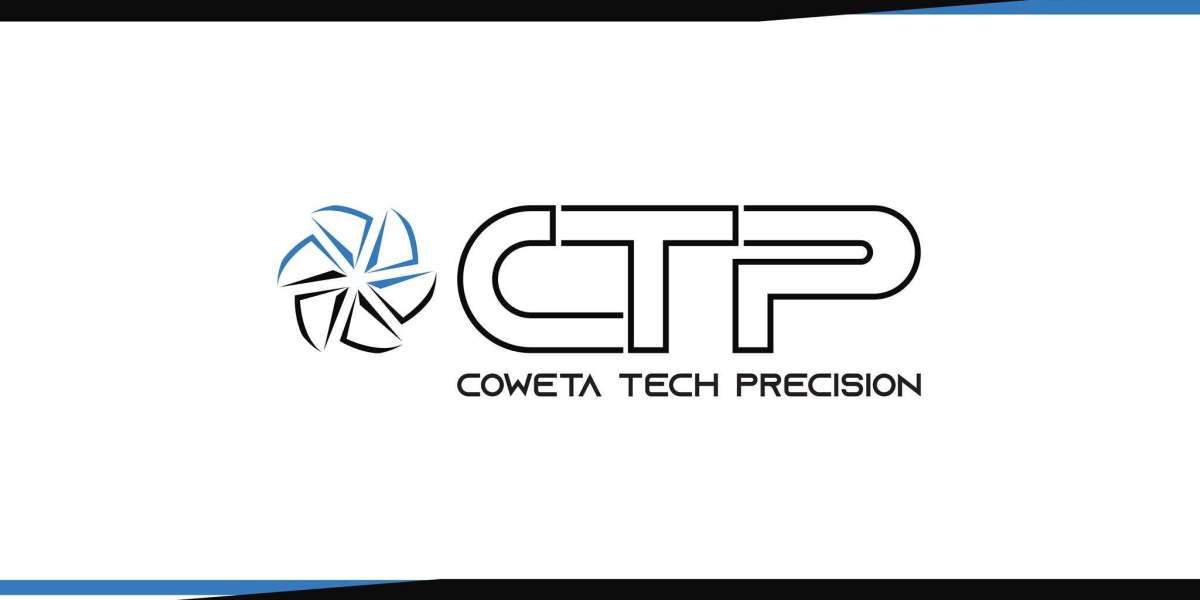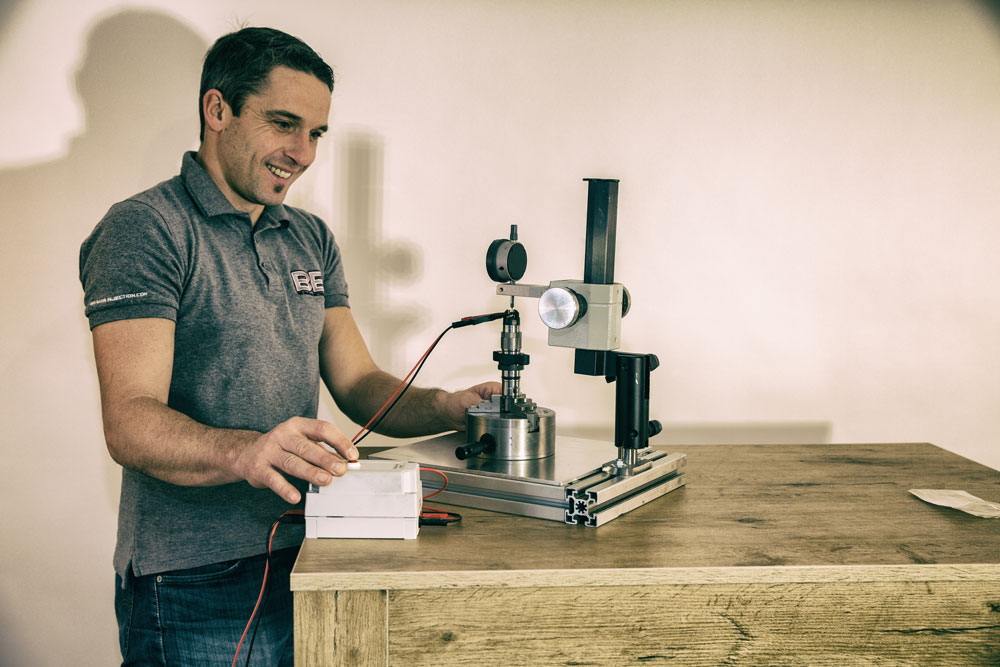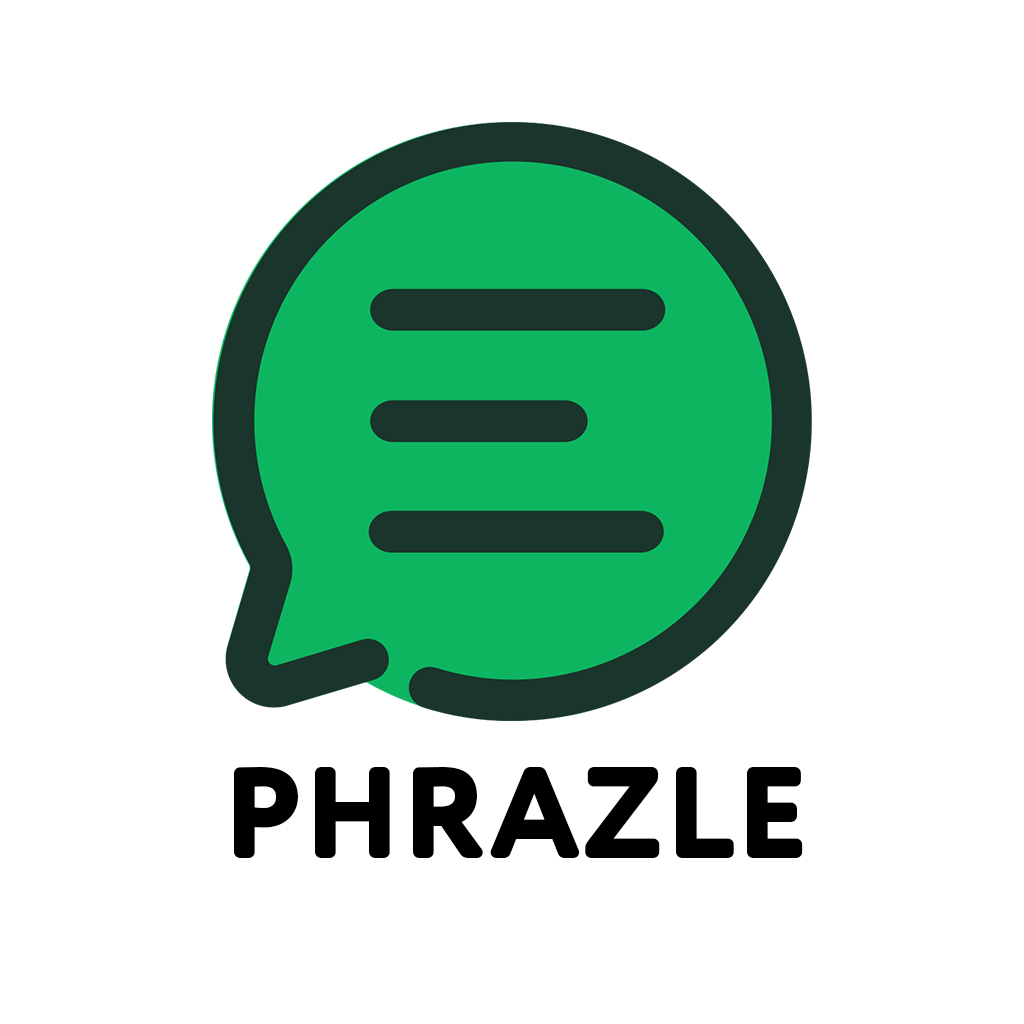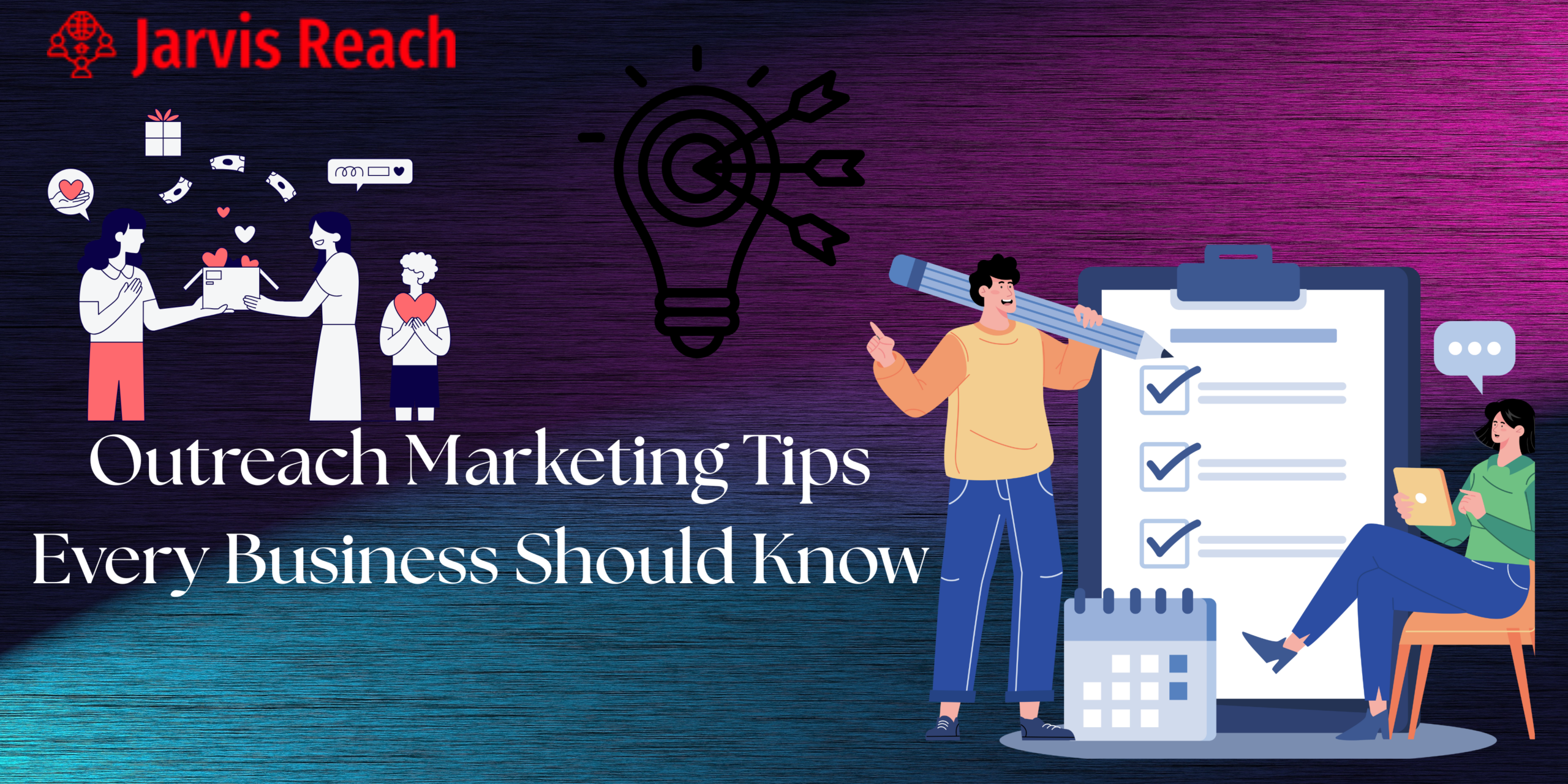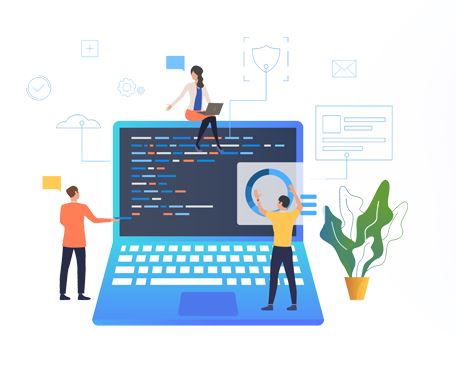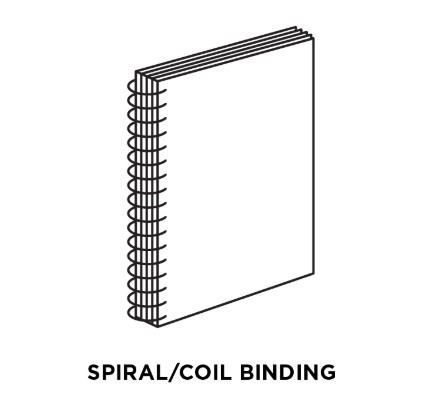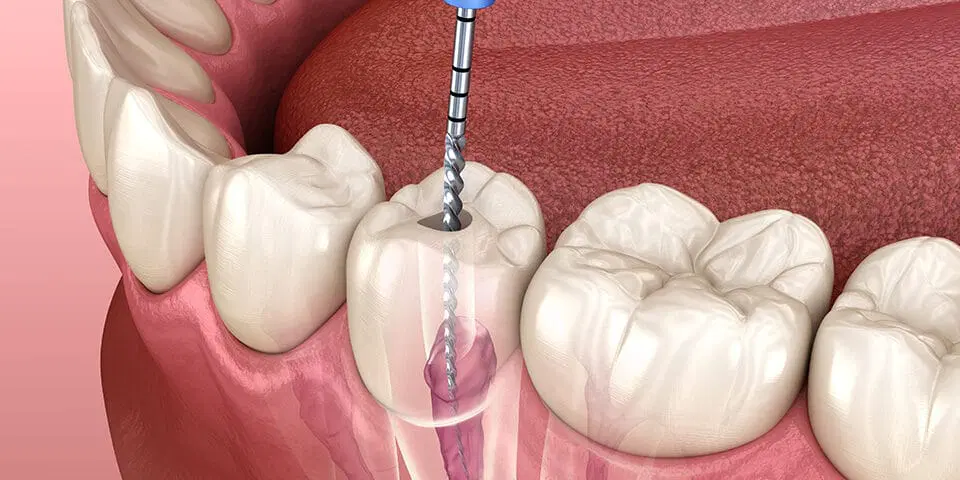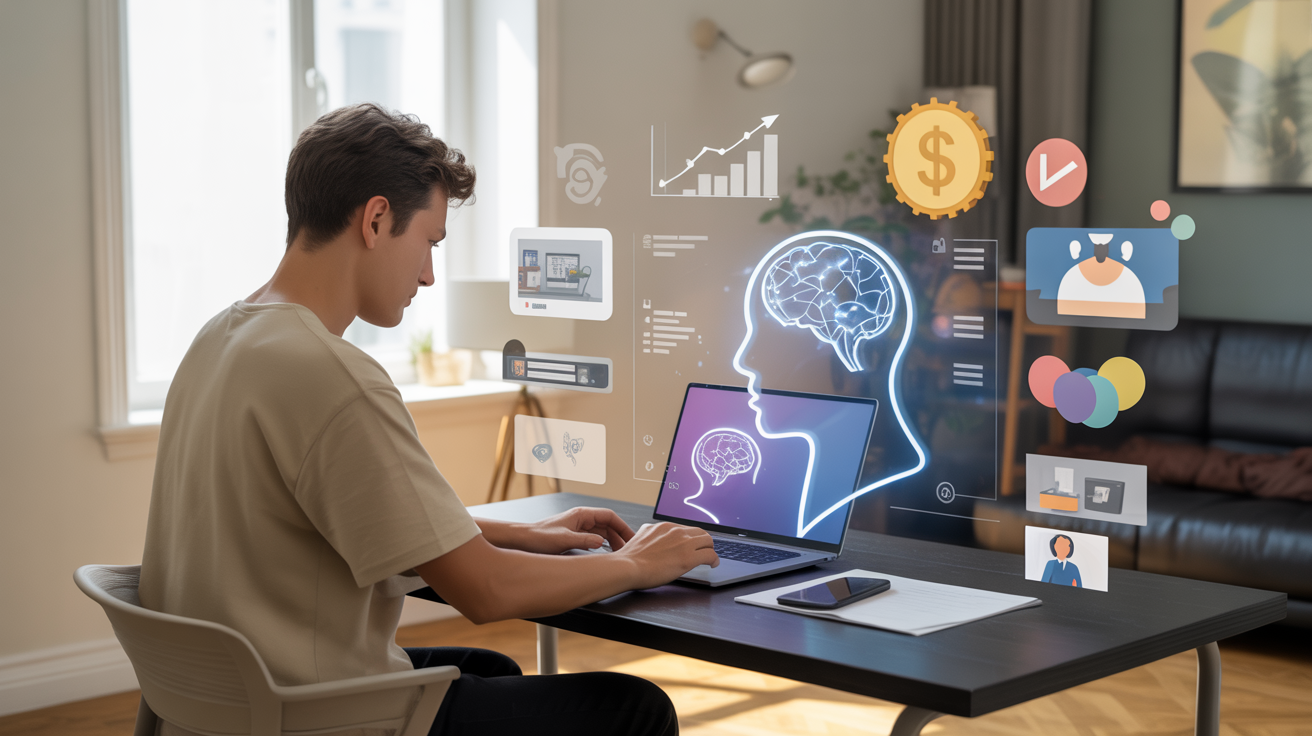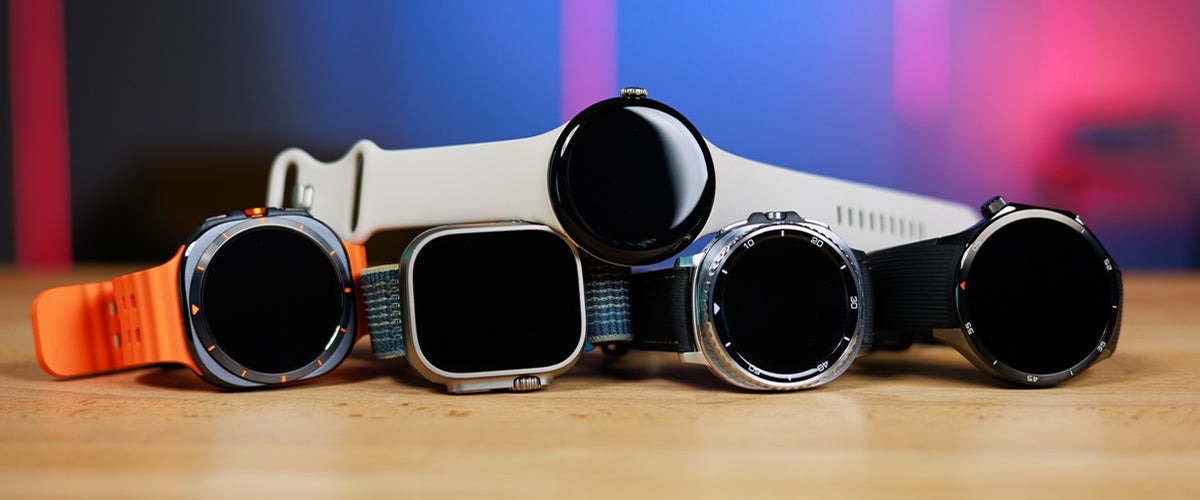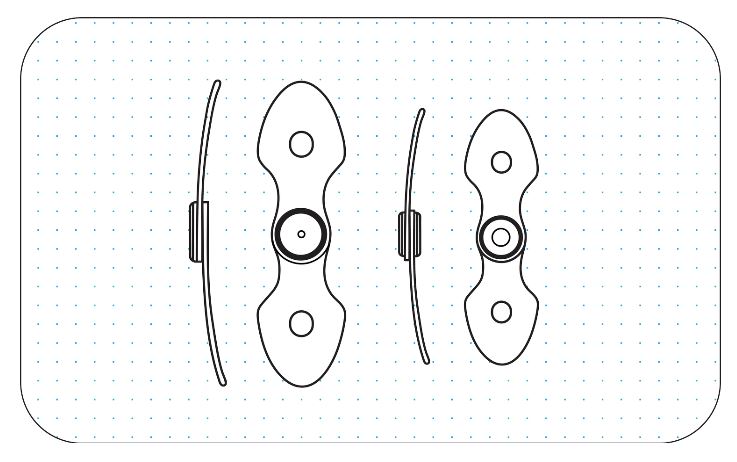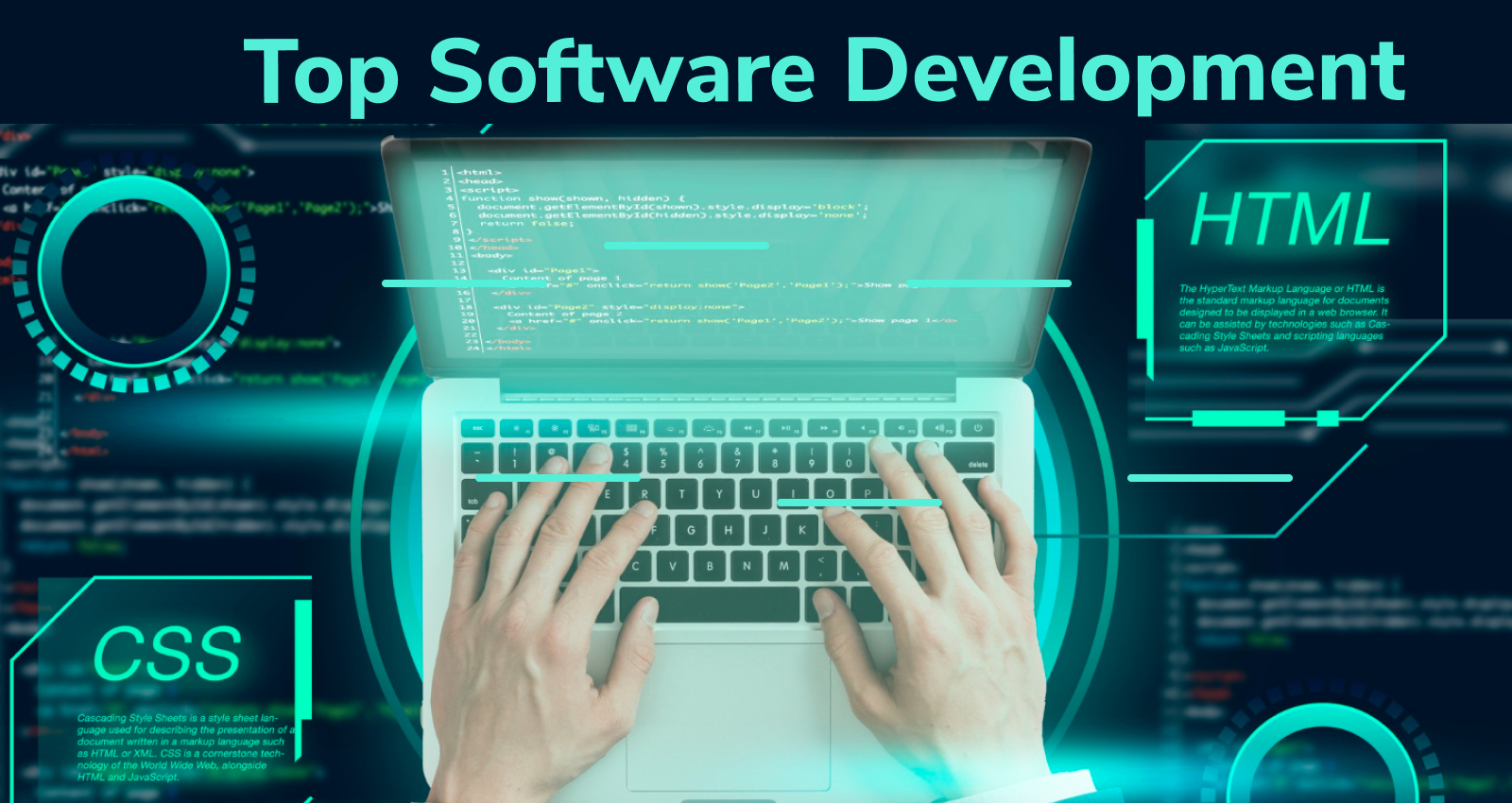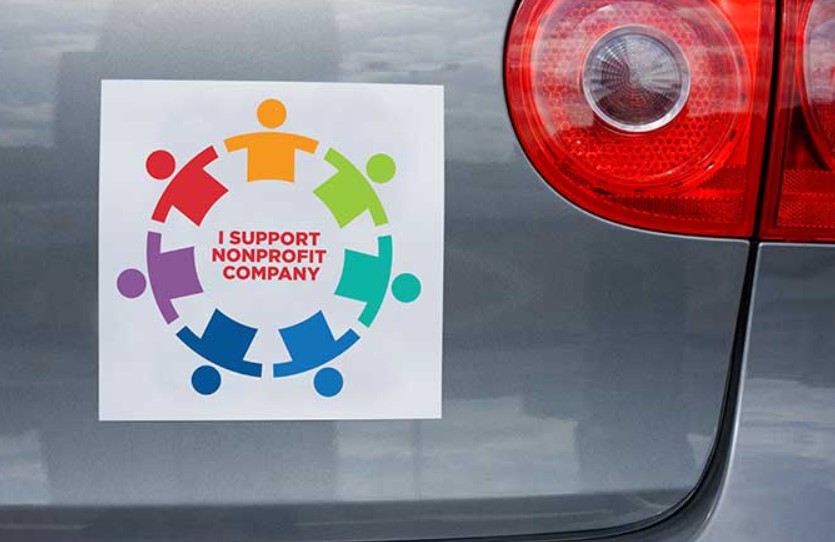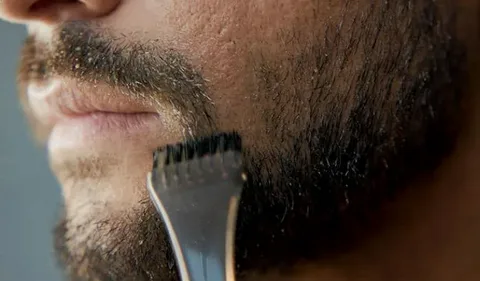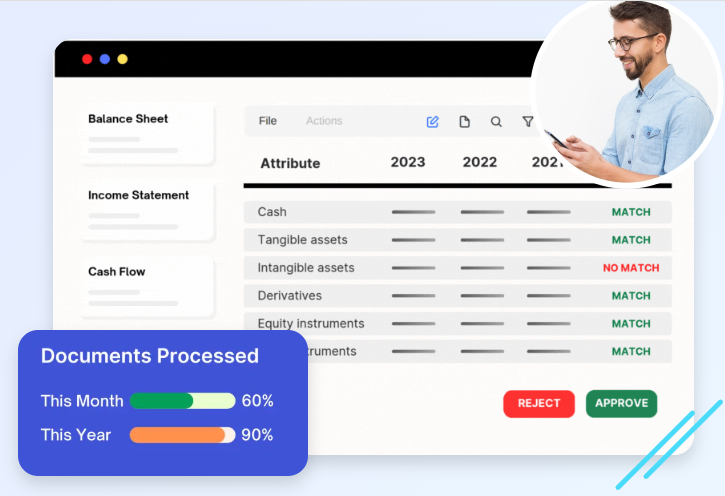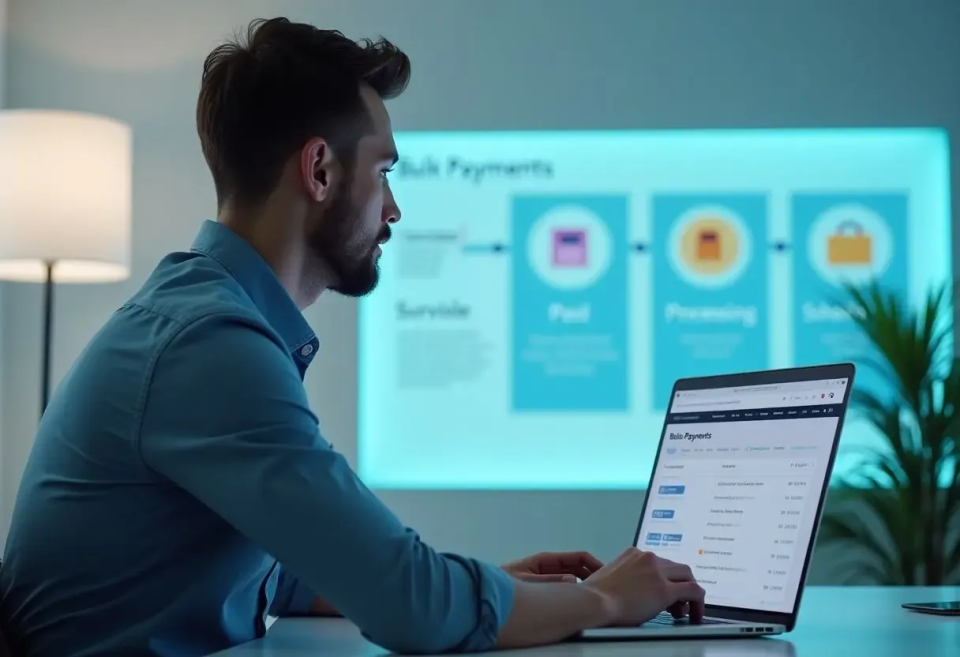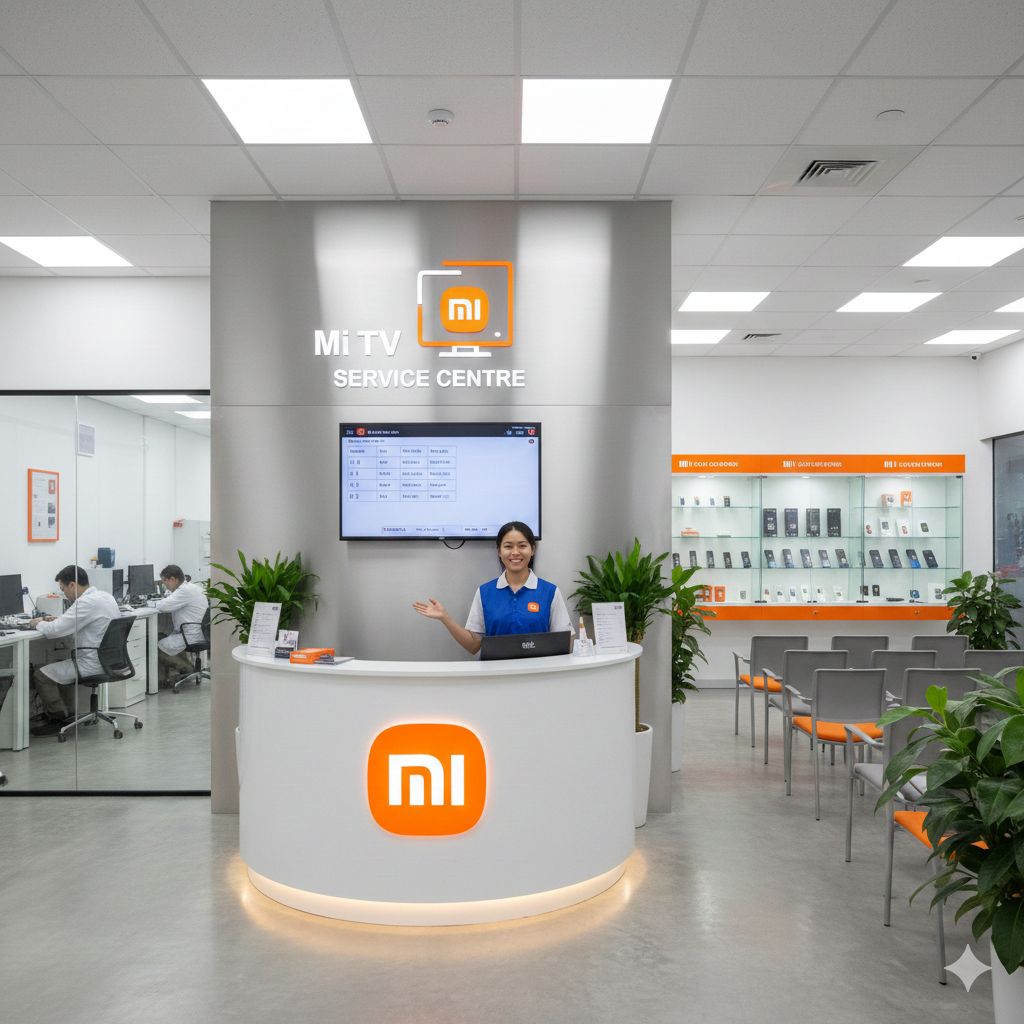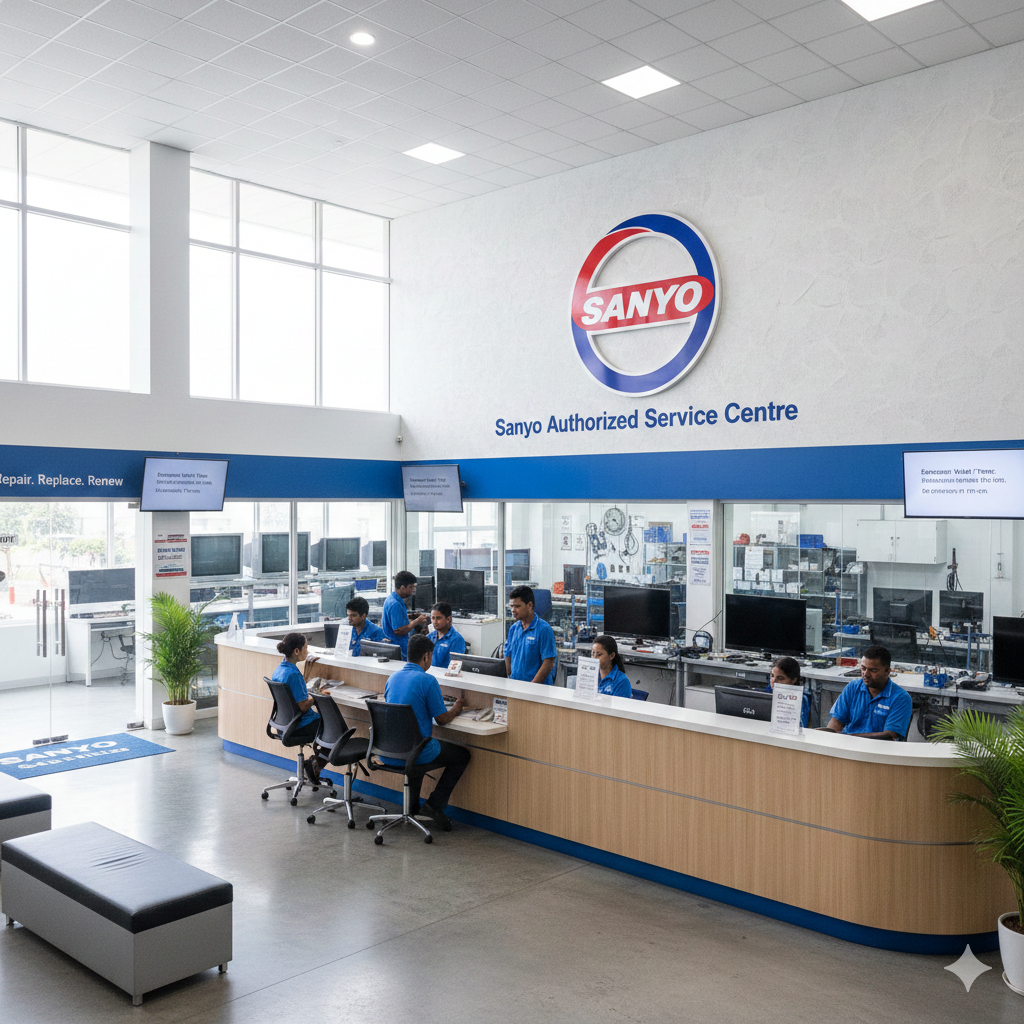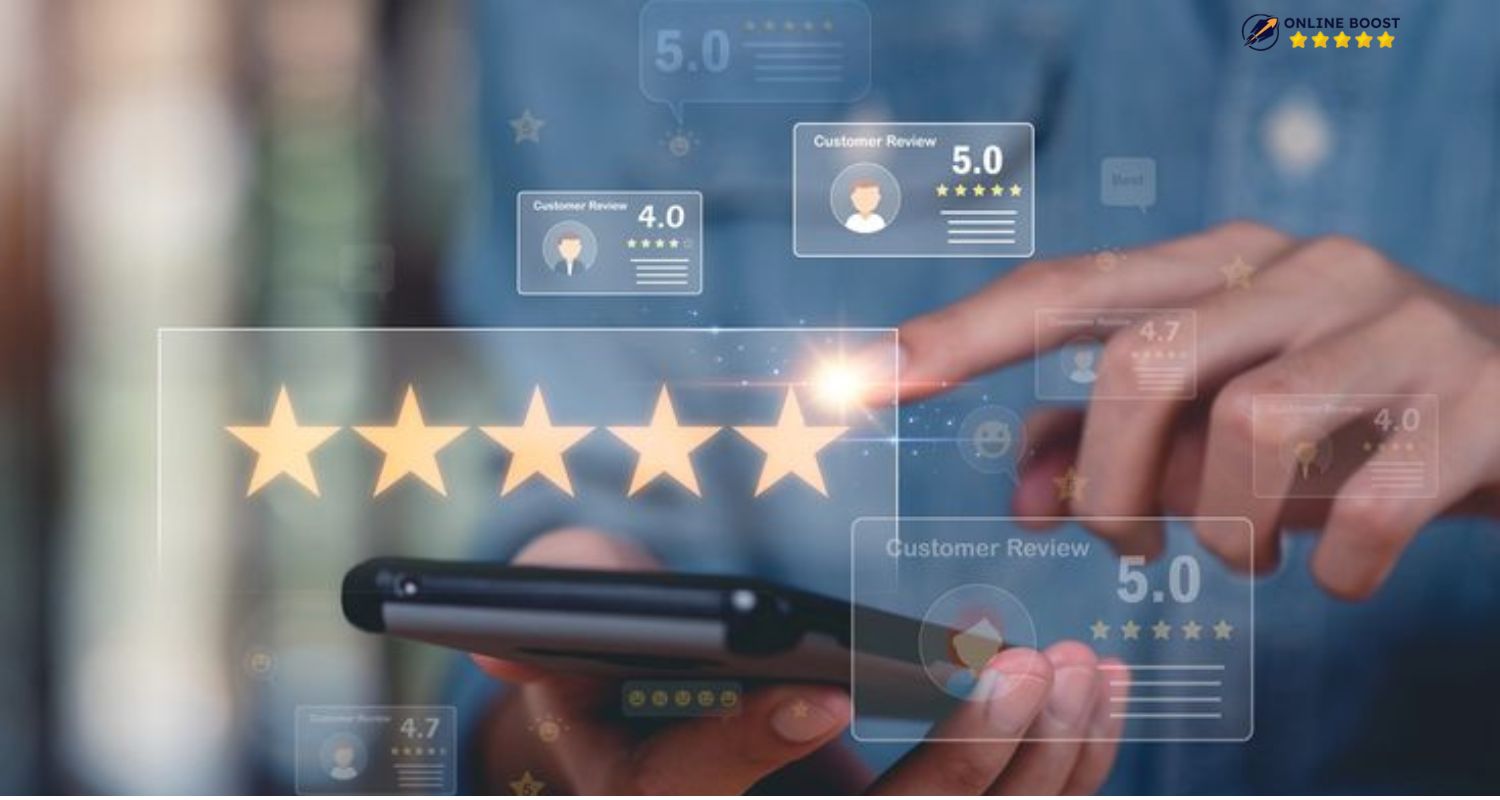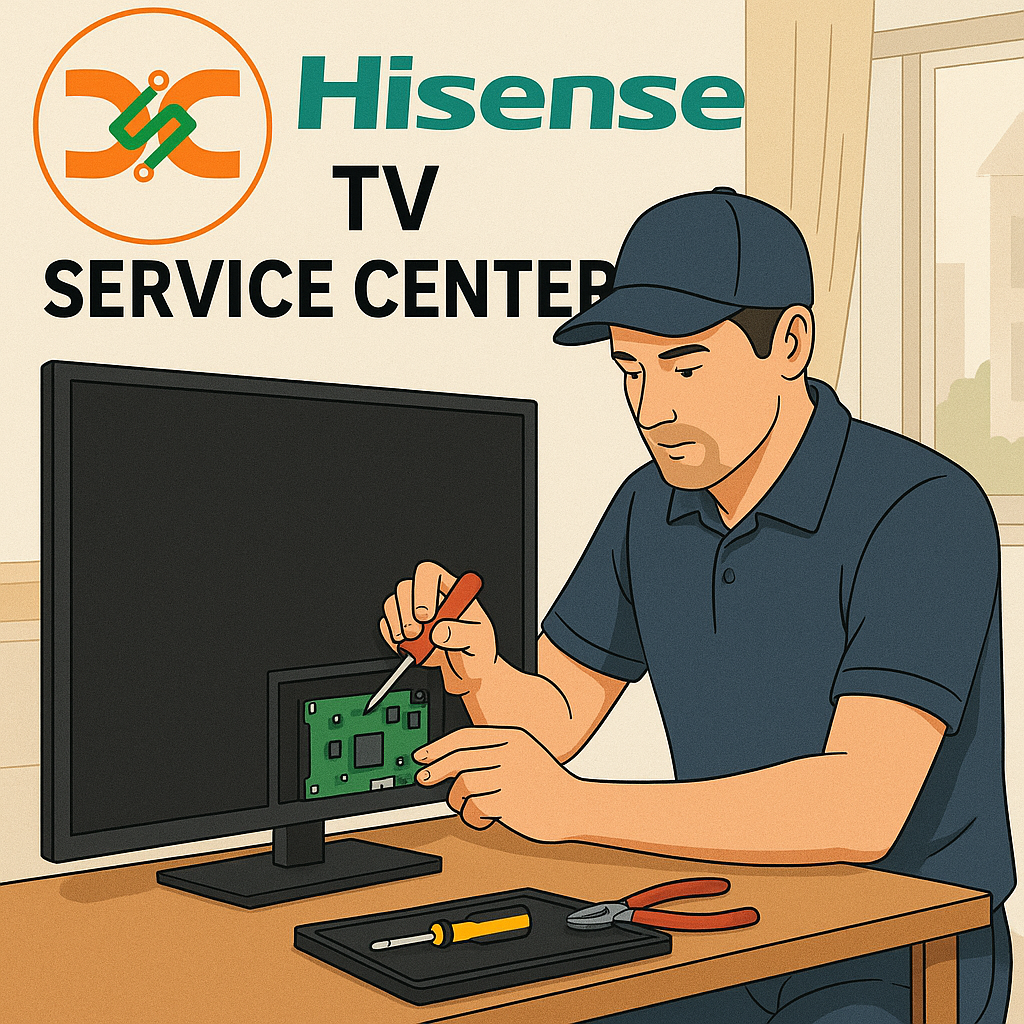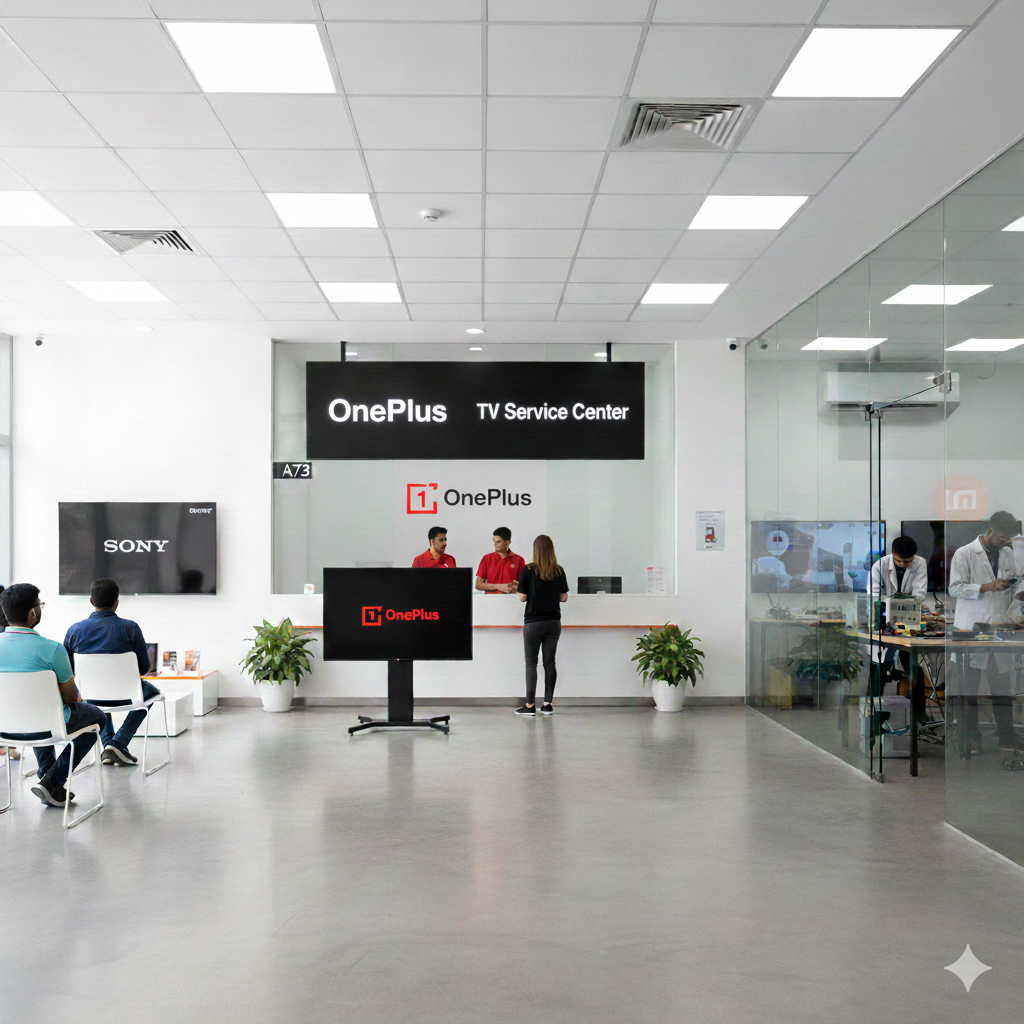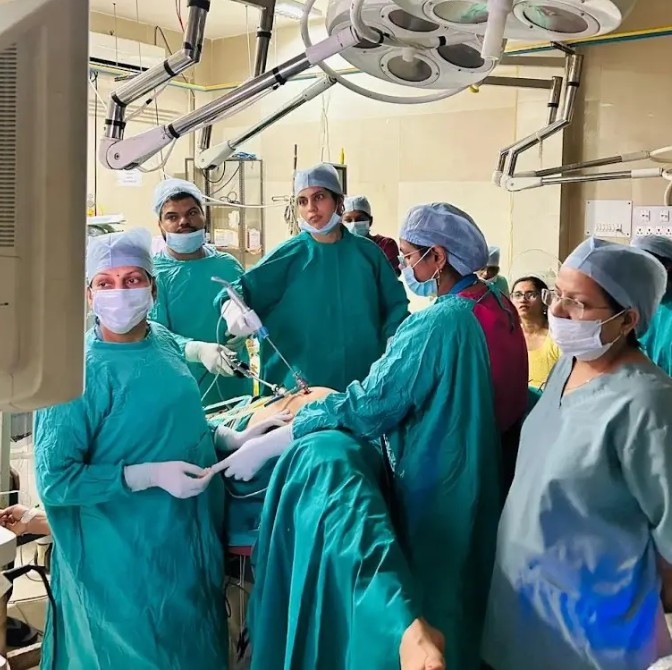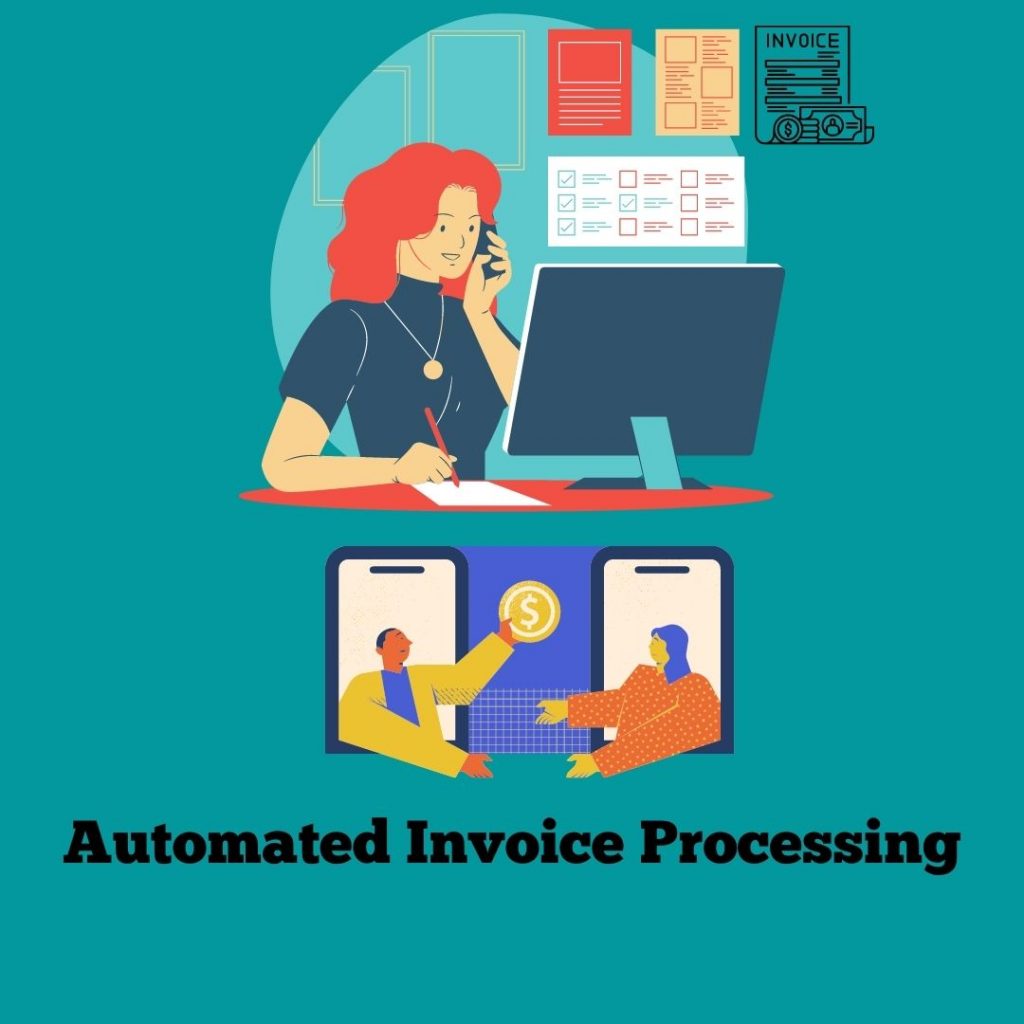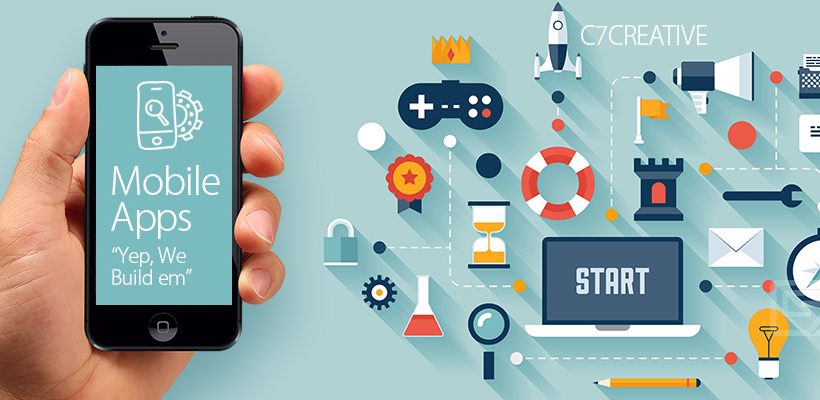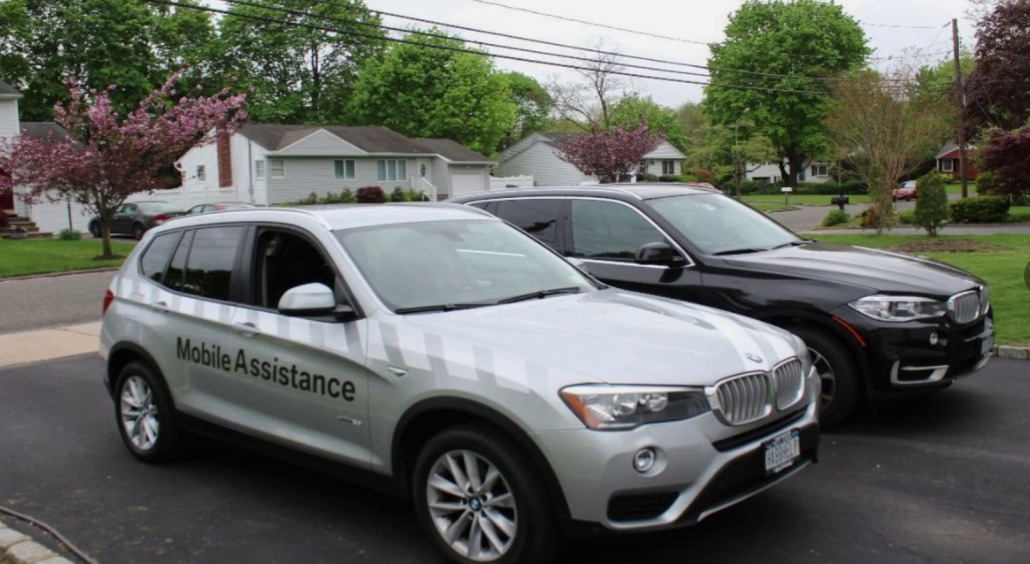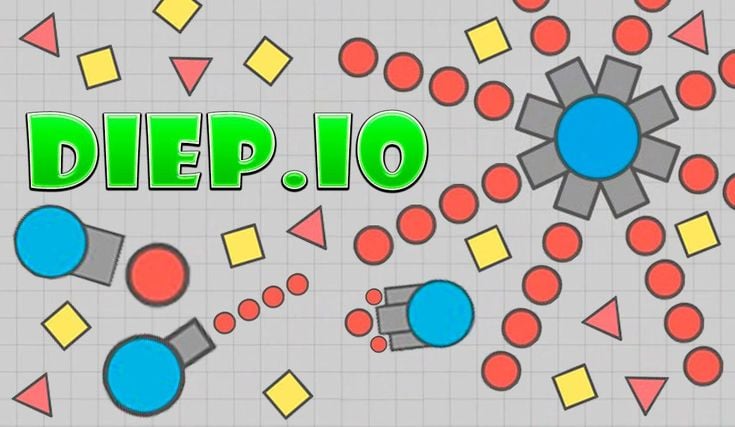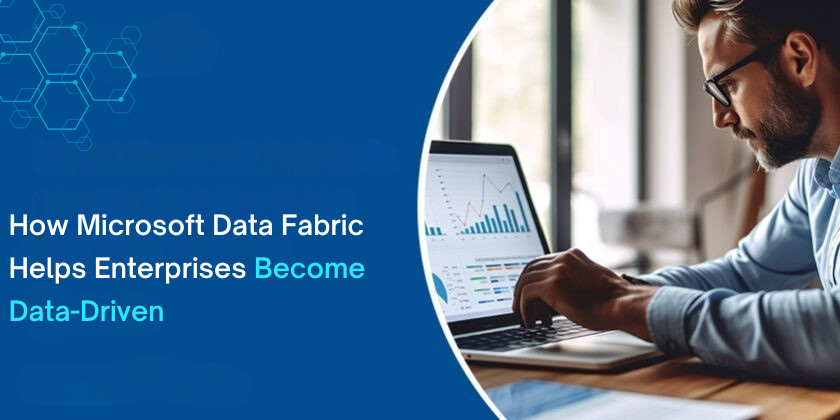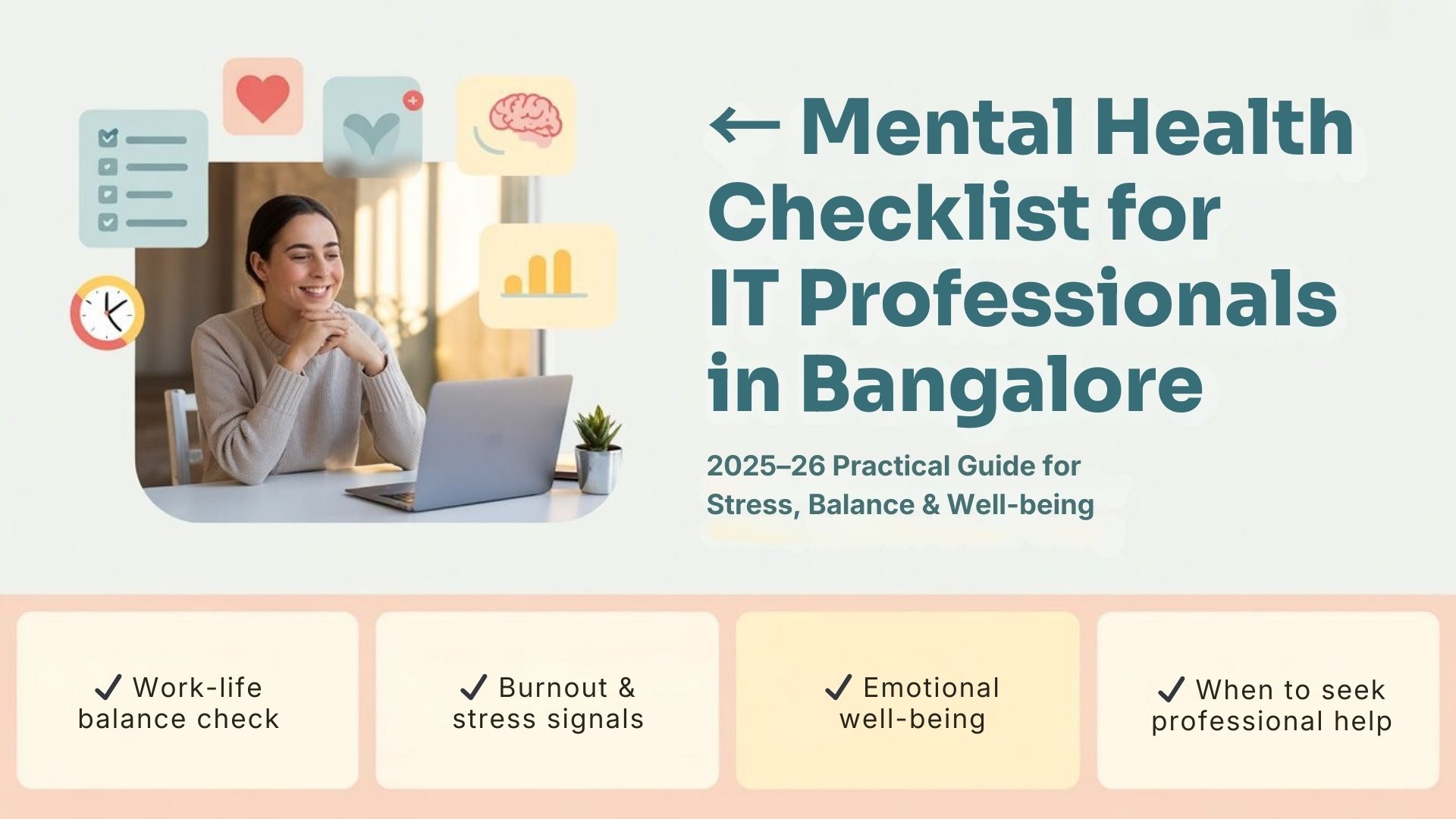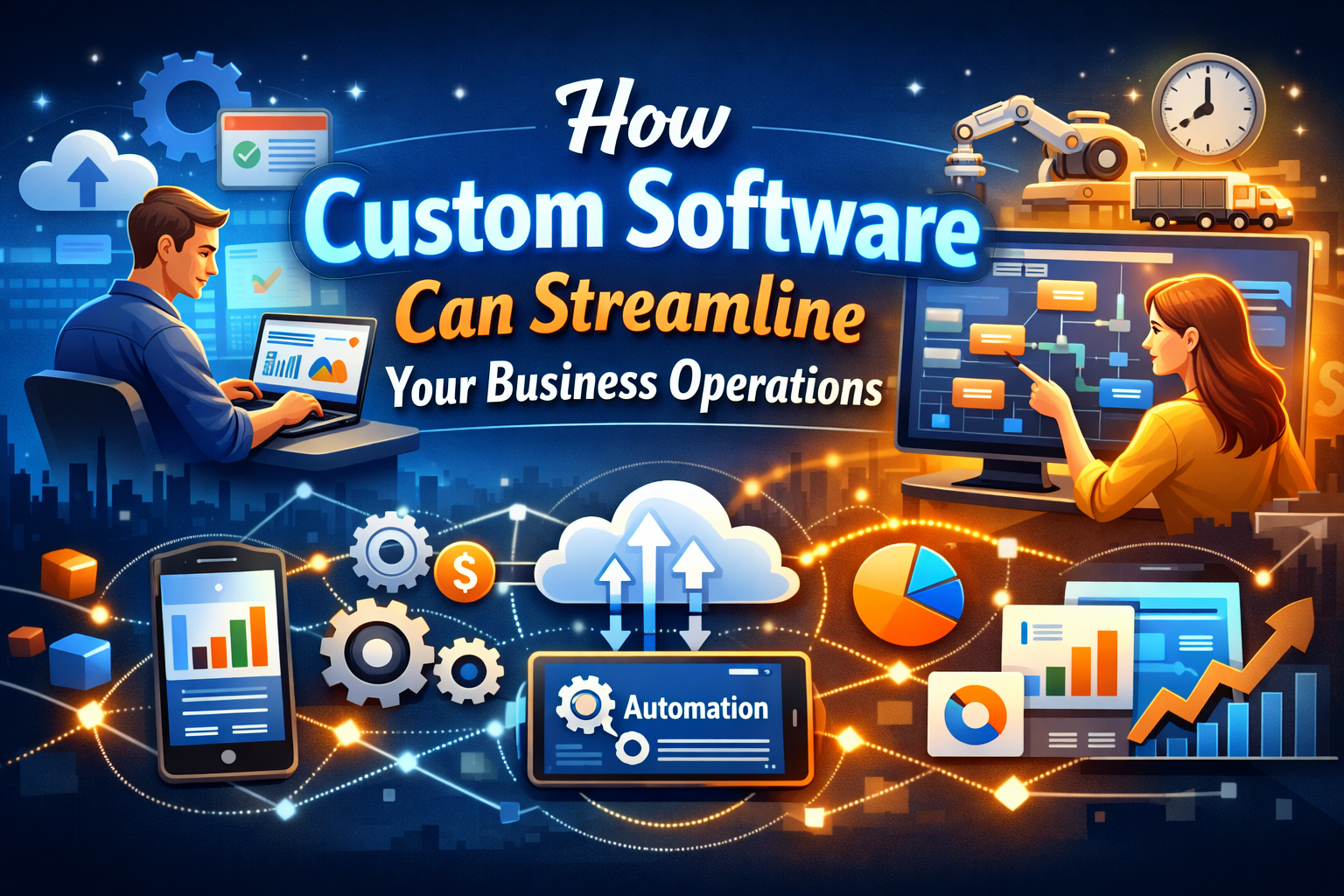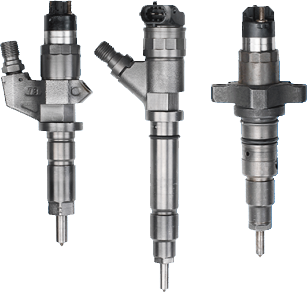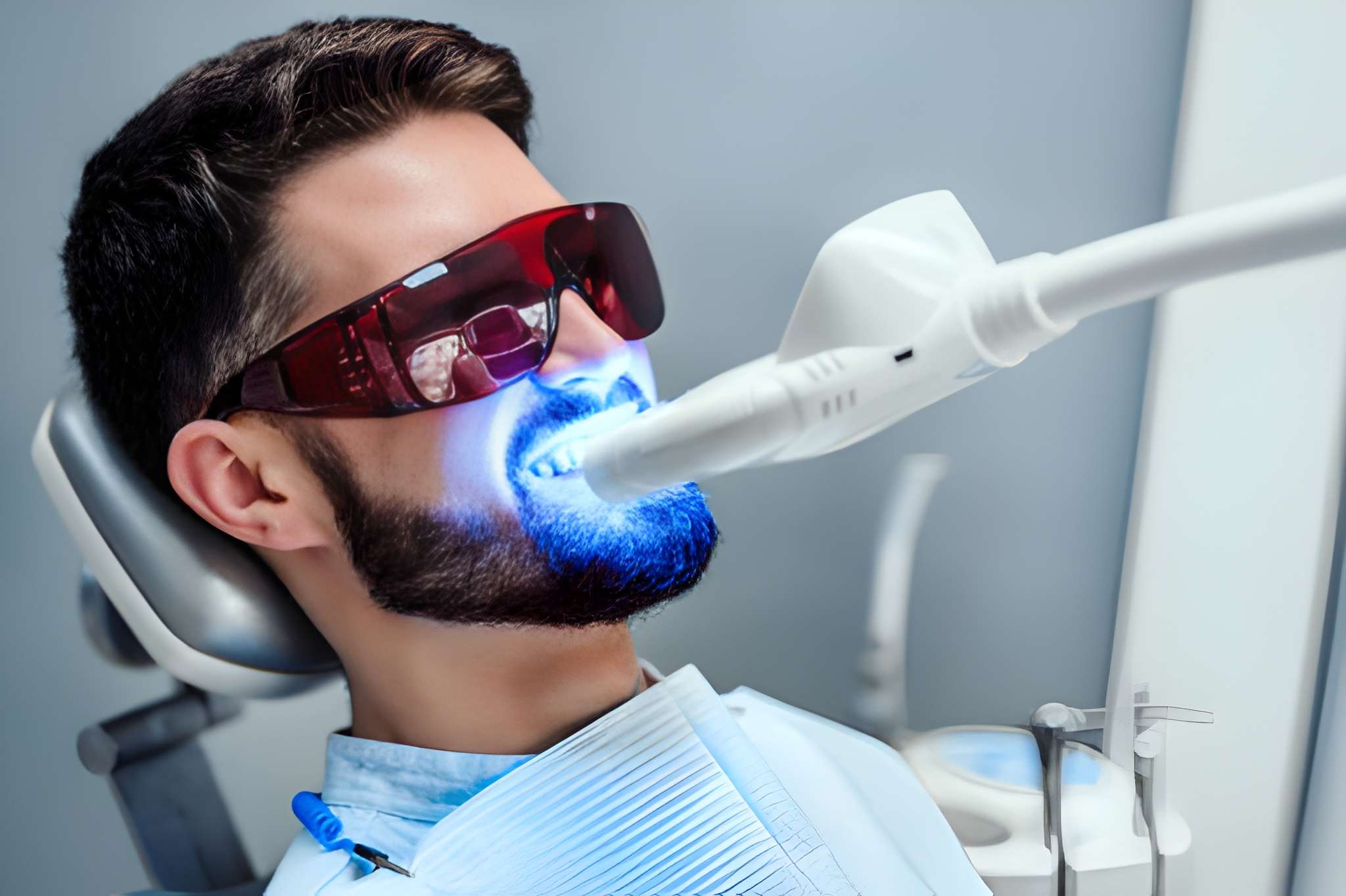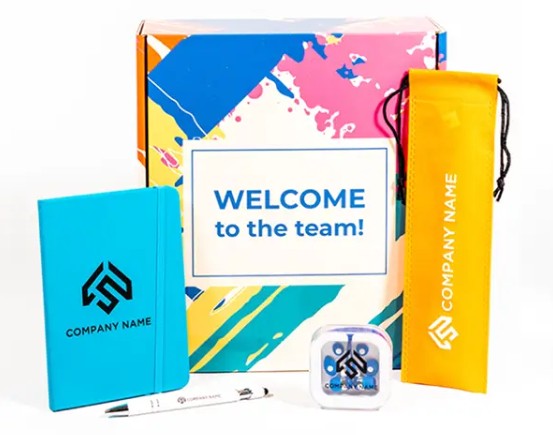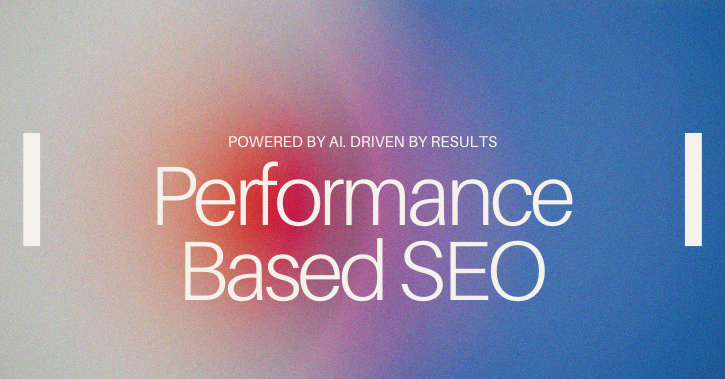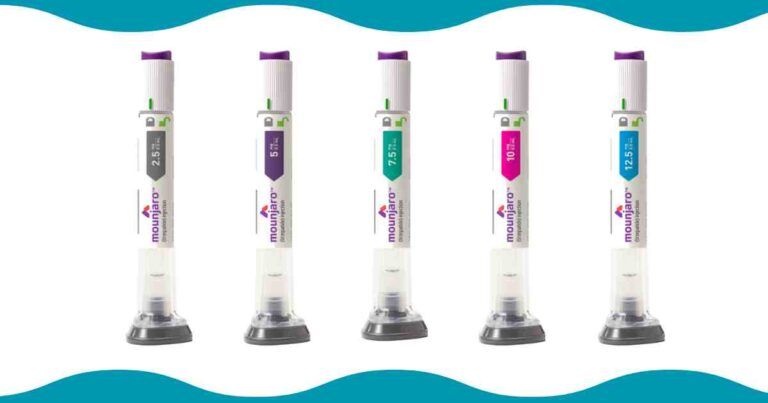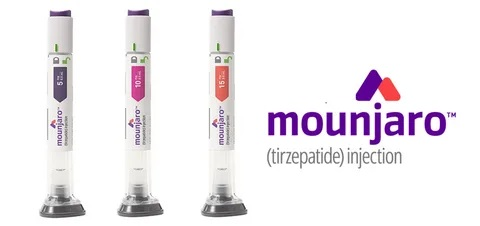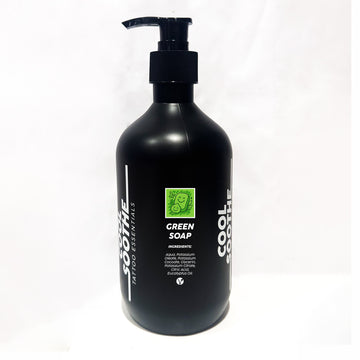Understanding Alzheimer’s and How Neuroscience Biotech Companies

I still remember the first time I watched my grandmother struggle to remember a simple recipe she’d been making for decades. She knew the steps in her mind for years, but suddenly she paused, confused, as if the instructions had vanished. That’s Alzheimer’s for you. It’s not just forgetfulness. It’s a quiet reshaping of the brain that creeps in slowly, taking away pieces of memory, reasoning, and sometimes personality. Millions of people live with this every day, and the people who care for them see the small changes before anyone else does.
The Early Signs You Might Notice
Alzheimer’s often starts with little things. A forgotten word here, a misplaced item there. But then patterns emerge:
- Repeating questions even after they’ve been answered
- Getting lost on familiar routes
- Struggling with tasks that used to feel automatic, like paying bills or cooking
- Mood swings or irritability that don’t seem to have a reason
These aren’t quirks or laziness. They’re signals from the brain that things aren’t working the way they used to. And noticing them early can make a real difference in managing the disease.
Why Understanding Alzheimer’s Disease Pathology Matters
The term Alzheimer’s disease pathology might sound intimidating, but it’s really just a way to describe what’s happening in the brain. Proteins accumulate where they shouldn’t, cells get damaged, and communication between neurons breaks down. Understanding these changes is key to developing treatments that actually help the brain, not just mask the symptoms.
Think of it like fixing a leaking pipe. You can mop up the water all day, but unless you find the leak, it keeps coming back. Alzheimer’s disease pathology helps researchers find the leak.
How Neuroscience Biotech Companies Are Changing the Game
Neuroscience and biotech companies are the ones trying to patch that pipe. They spend years studying the brain, figuring out why neurons fail and what triggers damage. They combine together the lab research with real-world observations and are always asking the same question: “How do we protect these cells?”
They collaborate with doctors, caregivers, and hospitals. Collects each piece of information, from a lab test to a patient story, which adds to the bigger picture. These companies don’t just want to slow Alzheimer’s, they want to prevent the decline before it erodes memory and independence.
Treatments That Target the Problem, Not Just the Symptoms
Most of the treatments we hear about only help with the symptoms, memory aids, or reminders. The new wave of research aims deeper. Scientists are looking at the harmful proteins that damage neurons, inflammation in the brain, and the chain reaction that causes cells to die. Take the example of Buntanetap from Annovis Bio. Instead of focusing on a single protein, it addresses multiple harmful proteins at once and stops the toxic chain reaction that goes on in neurons. Numerous studies suggest that it helps protect brain cells and maintain cognitive function longer.
Real People, Real Challenges
I remember talking to a caregiver who shared that her father would make the same breakfast every morning but forget he had already done it. It wasn’t stubbornness, it was his brain, affected by Alzheimer’s, rewinding and replaying memories in loops. Treatments that slow this damage don’t just help patients; they give caregivers relief, even a little hope. Small victories, like a moment of clarity or a remembered name, suddenly become precious.
Why Early Detection Is Critical
There’s no magic wand yet, and Alzheimer’s doesn’t announce itself overnight. But catching it early gives treatments a fighting chance. Intervening early while neurons are still functioning can preserve a person’s independence, memory, and daily routines. Routine checkups, memory exercises, and attention to subtle changes can make a tangible difference.
Neuroscience biotech companies are also working on ways to spot Alzheimer’s before symptoms even appear. Imagine diagnosing the disease before it actually erodes the brain. That’s the kind of work that could change lives completely.
Supporting Patients at Home
Caring for someone with Alzheimer’s isn’t just about medicine, it’s about patience, structure, and understanding. Routines matter. Gentle reminders matter. Social interaction matters. A little humor, a little familiarity, goes a long way.
Understanding Alzheimer’s disease pathology helps caregivers see the bigger picture. The repeated question, the sudden confusion, and the irritability, these aren’t personal attacks. They’re the vital signals from the brain, and responding with patience instead of frustration can only make life better for everyone around.
Looking Ahead
The future is cautiously optimistic. As neuroscience biotech companies dig deeper into Alzheimer’s disease pathology, new treatments, early detection tools, and personalized care plans are becoming possible. Researchers are looking at ways to tailor therapies to individual patients, using imaging, biomarkers, and molecular studies. The dream is prevention, or at least delaying onset until late in life. Every breakthrough in understanding the brain brings us closer to that goal.
Conclusion
Alzheimer’s, like so many diseases, impacts lives quietly but profoundly. Neuroscience biotech companies are not only studying Alzheimer’s, but they are also approaching it, piece by piece. They are unraveling the pathology of Alzheimer’s disease and then producing therapeutics, like Buntanetap, that will allow patients hope where once there was only a struggle. Annovis Bio is evidence that research, stubbornness, and just the right amount of brain knowledge will change the day-to-day lives of patients and their families. Sometimes, it creates a gap between forgetting a recipe and confidently preparing it.


 English
English 


